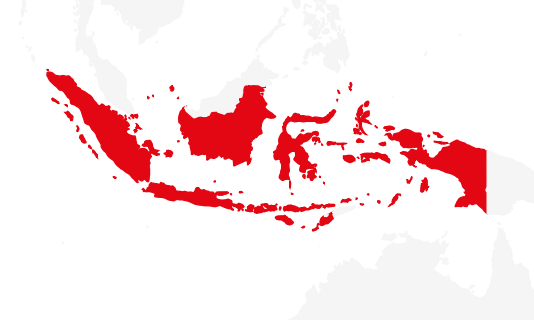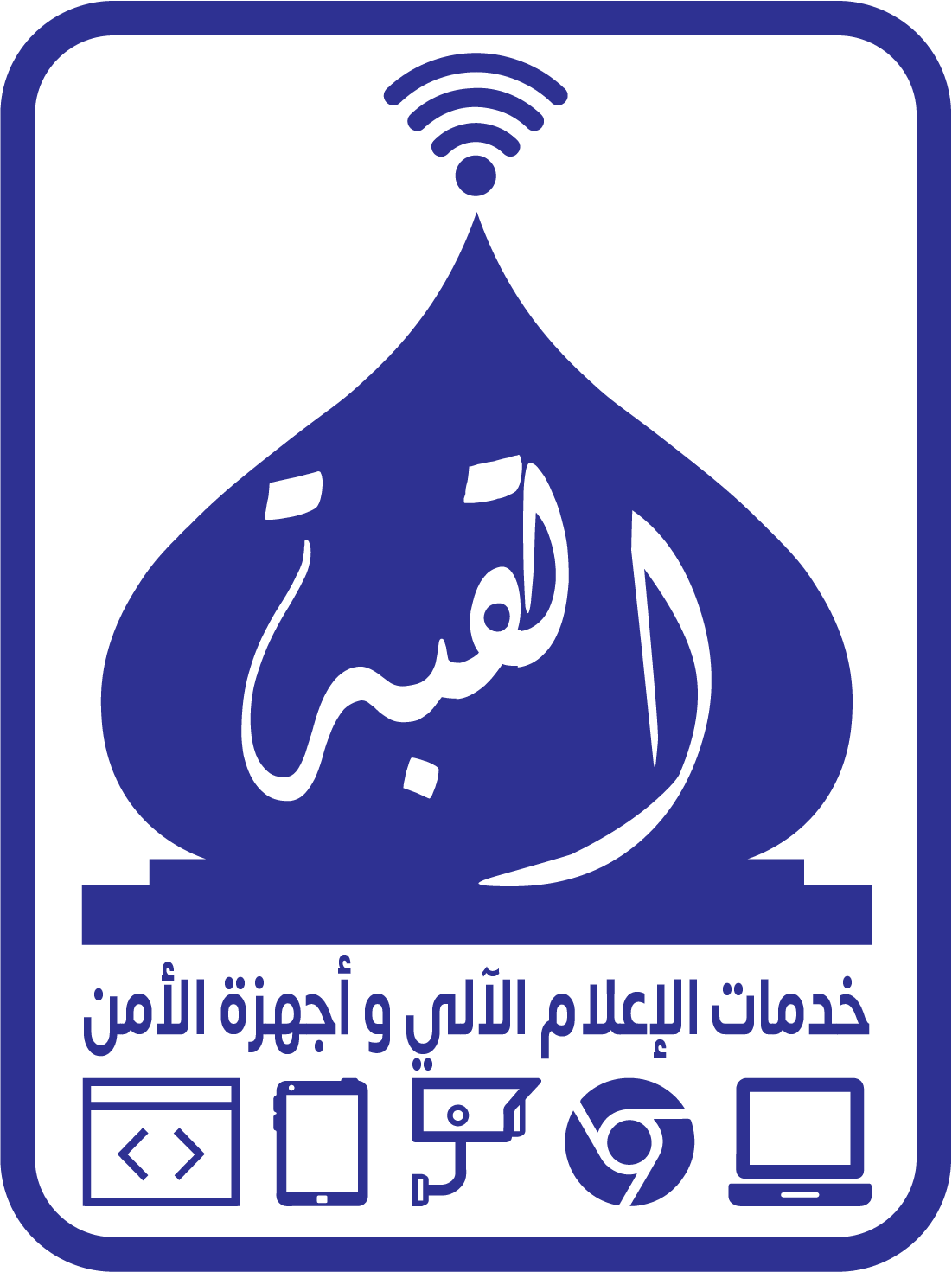In light of the growing urgency for sustainable practices, renewable energy projects are increasingly coming to the forefront. Indonesia, with its vast resources and commitment to Sustainable Development Goals (SDGs), is spearheading these endeavors. The website https://sdg2030indonesia.org/ provides an invaluable source of information about various renewable energy initiatives in the country. This article aims to delve deep into the insights surrounding these projects, exploring their impact, challenges, and future prospects. Posted by https://sdg2030indonesia.org/
The Importance of Renewable Energy in Indonesia

Renewable energy has become a pivotal topic globally, but its significance is amplified in Indonesia due to its unique geographical and socio-economic context.
Environmental Benefits
The environmental advantages of renewable energy cannot be overstated. Indonesia, being one of the world’s most biodiverse nations, faces severe threats from climate change and deforestation. Transitioning to renewable energy sources like solar, wind, and hydroelectric power can significantly reduce greenhouse gas emissions.
Utilizing renewable energy not only curtails pollution but also helps preserve the pristine ecosystems that many Indonesian communities rely on for their livelihoods. By harnessing clean energy, Indonesia can mitigate its environmental footprint while promoting biodiversity conservation.
Economic Growth and Job Creation
Investing in renewable energy is not just an environmental imperative; it’s also an economic opportunity. Renewable energy projects can drive job creation and stimulate local economies.
The establishment of solar farms, wind turbines, and biogas plants requires skilled labor, leading to employment in construction, maintenance, and operations. Moreover, as Indonesia develops a robust renewable energy sector, it can attract foreign direct investment, fostering innovation and technological advancement.
Energy Security and Independence
Energy security is another critical aspect where renewable energy plays a significant role. Indonesia has historically relied heavily on fossil fuels, which leaves it vulnerable to price fluctuations and supply disruptions.
By investing in local renewable energy sources, Indonesia can enhance its energy independence. This shift reduces reliance on imported fuel and stabilizes energy prices, providing a more predictable and sustainable energy future.
Innovative Renewable Energy Projects in Indonesia

Indonesia is home to a myriad of innovative renewable energy projects that demonstrate the country’s commitment to sustainable development. These projects range from large-scale installations to community-driven initiatives, showcasing diverse approaches to harnessing renewable energy.
Solar Power Initiatives
Solar energy has immense potential in Indonesia, given its tropical climate and abundant sunlight throughout the year.
Large-Scale Solar Farms
Numerous large-scale solar farms have been established across the archipelago. These farms not only contribute to the national grid but also serve as models for how solar energy can be integrated into the existing infrastructure.
These projects are often developed through public-private partnerships, enabling collaboration between government entities and private investors. Such collaborations can accelerate the transition to cleaner energy by pooling resources and expertise.
Community-Based Solar Solutions
In addition to large-scale projects, community-based solar solutions have gained traction, particularly in rural areas lacking access to reliable electricity.
Local initiatives, often supported by non-governmental organizations, aim to empower communities by installing solar panels in homes and community centers. This grassroots approach not only provides electricity but also fosters a sense of ownership among residents, enhancing social cohesion.
Wind Energy Ventures
Wind energy is another promising avenue for Indonesia, especially in regions with favorable wind conditions.
Offshore Wind Farms
Indonesia’s vast coastline presents an excellent opportunity for offshore wind farms. These facilities can harness strong sea breezes, generating substantial amounts of energy.
While still in the early stages of development, the long-term benefits of offshore wind energy could significantly contribute to Indonesia’s energy mix. As technology improves and costs decline, offshore wind projects may become more feasible and attractive for investors.
Onshore Wind Projects
Onshore wind projects are already operational in several areas. These projects offer not only renewable energy but also enhance local infrastructure and community engagement.
The involvement of local stakeholders in project planning and execution ensures that the benefits are felt at the grassroots level, paving the way for a more inclusive renewable energy landscape.
Biomass and Biogas Initiatives
Biomass and biogas projects represent a unique intersection of waste management and renewable energy production.
Agricultural Waste Utilization
Indonesia, being an agricultural nation, generates significant amounts of organic waste. Various renewable energy projects focus on converting this agricultural waste into biogas, providing a sustainable energy source while addressing waste disposal issues.
This dual approach not only helps manage waste but also contributes to energy generation, making it a win-win solution for both environmental sustainability and economic efficiency.
Urban Biogas Solutions
In urban areas, biogas projects are emerging as effective strategies to manage organic waste from households and businesses.
By establishing community biogas systems, cities can reduce landfill contributions while producing energy for cooking and heating. This model enhances urban resilience and promotes sustainable practices among residents.
Challenges Facing Renewable Energy Projects

Despite the promising developments in renewable energy, several challenges hinder the growth and implementation of these projects.
Regulatory Hurdles
Government policies play a crucial role in shaping the renewable energy landscape. However, inconsistent regulations can create uncertainty for investors and developers.
Inadequate regulatory frameworks often lead to delays in project approvals and permit issuances. A streamlined process that encourages investment and assures developers would facilitate the growth of renewable energy projects significantly.
Financing and Investment
Financing remains a major barrier to expanding renewable energy initiatives in Indonesia. Many projects struggle to secure adequate funding due to perceived risks associated with emerging technologies.
Innovative financing solutions, such as green bonds and blended finance models, could bridge the funding gap. By leveraging the interests of private investors alongside public funding, the renewable energy sector can attain the necessary capital to thrive.
Public Awareness and Acceptance
Public awareness and acceptance are essential components for the success of renewable energy projects. Misconceptions about renewables often hinder community buy-in, affecting project implementation.
Engaging communities through educational campaigns and participatory planning processes can foster understanding and support. When people see the tangible benefits of renewable energy, they are more likely to embrace these initiatives.
FAQs

What are the primary types of renewable energy used in Indonesia?
Indonesia primarily utilizes solar, wind, biomass, and hydroelectric power. Each of these sources offers unique advantages and plays a vital role in diversifying the country’s energy mix.
How does the government support renewable energy projects?
The Indonesian government implements various policies and incentives to promote renewable energy, including feed-in tariffs, tax breaks, and investment guarantees aimed at attracting private investment.
Are there any community-led renewable energy projects in Indonesia?
Yes, numerous community-led initiatives focus on solar energy and biogas, empowering local residents to take charge of their energy needs while fostering sustainable practices.
What are the main challenges facing renewable energy projects in Indonesia?
Key challenges include regulatory hurdles, financing difficulties, and the need for greater public awareness and acceptance of renewable energy technologies.
How can individuals contribute to renewable energy efforts in Indonesia?
Individuals can support renewable energy efforts by advocating for sustainable practices, participating in community initiatives, and adopting renewable energy solutions in their homes, such as solar panels.
Conclusion

The journey towards a sustainable future through renewable energy projects in Indonesia is well underway. Insights gleaned from initiatives highlighted on https://sdg2030indonesia.org/ underscore not only the progress made but also the challenges that lie ahead.
By focusing on collaborative efforts, innovative financing, and community engagement, Indonesia can transform its renewable energy landscape. The transition holds promise not just for environmental benefits, but also for economic growth and energy security. Continued investment in education, policy reform, and public awareness will be crucial in ensuring the success and durability of these projects. Together, these elements pave the way for a brighter, greener future for Indonesia and beyond.
